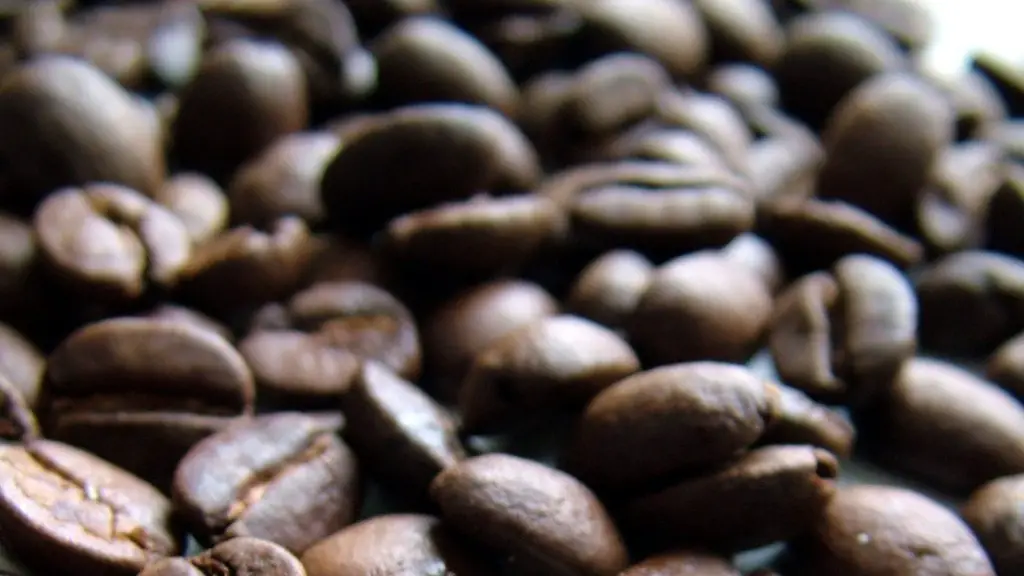Coffee is one of the most popular drinks around the world, but whether or not it is a healthy choice for your heart is a topic of debate. Recent studies have suggested that a moderate intake of coffee can benefit your heart, but there is a lot of conflicting evidence on the subject.
Various medical studies have suggested that drinking coffee can reduce the risk of cardiovascular diseases including stroke, coronary heart disease, and arrhythmias. For example, a study published in the British medical journal, The Lancet, showed that those who drank 1 to 2 cups of coffee a day had an 11% lower risk of cardiovascular diseases than those who consumed no coffee. A more recent study by the National Institutes of Health examined over 200,000 people and concluded that those who drank up to 4 cups of coffee a day had a 20% lower risk of cardiovascular diseases compared to individuals who did not drink any coffee.
However, there is also evidence to suggest that drinking too much coffee can be bad for your heart. For example, a study by Harvard University found that individuals who drank more than 6 cups of coffee a day had an increased risk of heart failure and stroke compared to those who drank less. Additionally, the World Health Organisation has recommended reducing the intake of cafestol, a component in unfiltered coffee, as it has been found to cause an increase in cholesterol levels, which can lead to an increased risk of cardiovascular diseases over time.
So, is drinking coffee good for your heart? Moderate consumption of coffee – up to 3-4 cups a day – has been linked to an overall decrease of risk for cardiovascular diseases. However, these results should be taken with a grain of salt as the studies on this subject are still inconclusive. It is important to keep in mind that the quality of the coffee matters – organic, lightly roasted, and filtered coffee have been found to be better for your heart health than instant or commercial coffee. Additionally, adding sugar and creamers to coffee can increase its calories, which can negate any potential health benefits.
Environmental Considerations
When it comes to environmental considerations, coffee is generally seen as a “green” drink. Coffee is a renewable resource that is farmed organically and sustainably in many parts of the world. Additionally, it is made without any chemical additives or processes, making it a relatively low-impact beverage. When it comes to packaging, many roasters are now offering biodegradable or compostable options.
Economic Considerations
When it comes to economic considerations, coffee can be both a blessing and a burden. For one thing, the coffee industry directly employs over 25 million people, making it an essential source of income for many families around the world. Additionally, coffee is a major global export, with developing countries like Ethiopia, Uganda and Mexico earning billions of dollars every year from coffee sales.
Health Considerations
When it comes to health considerations, the key is to be mindful of how much coffee you drink. A moderate intake of coffee – up to 3-4 cups a day – has been linked to various health benefits, including improved mental alertness and focus, reduced risk for certain types of cancer, and lower risks for cardiovascular diseases. It is important to note, however, that drinking too much coffee can have adverse effects on your health, as it can lead to an increase in cholesterol levels and an increased risk of heart failure and stroke.
Conclusion
The bottom line is that while moderate coffee consumption can be beneficial for your heart health, it is important to be mindful of your intake and the quality of the coffee you are drinking. Additionally, it is essential to look at the broader context of coffee production, such as environmental and economic considerations, when deciding whether or not coffee is good for you.


